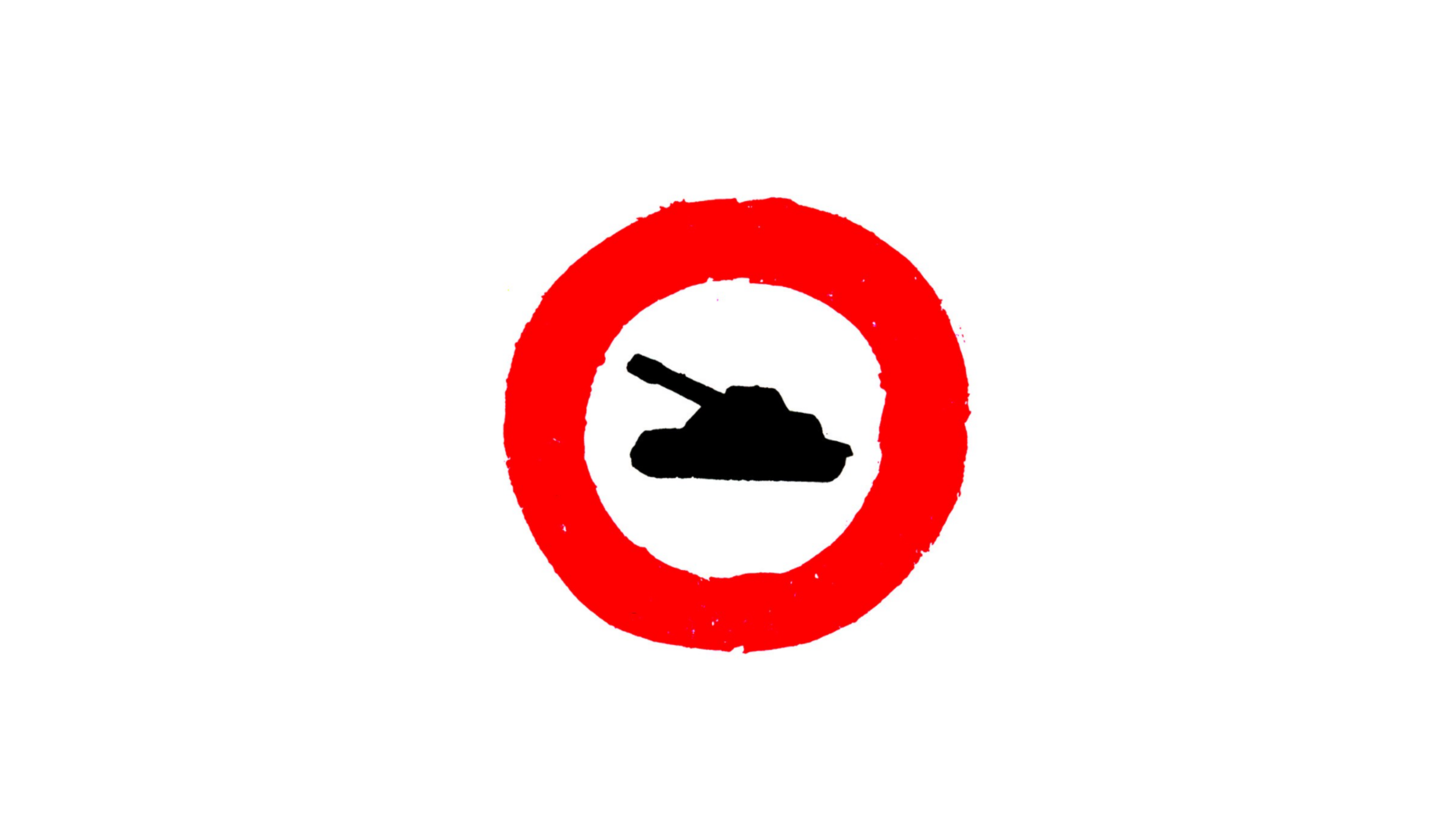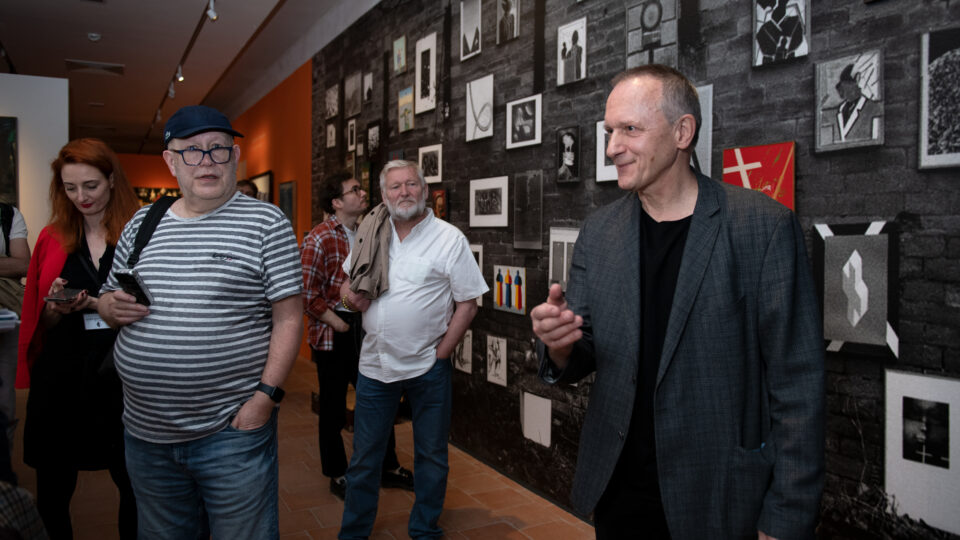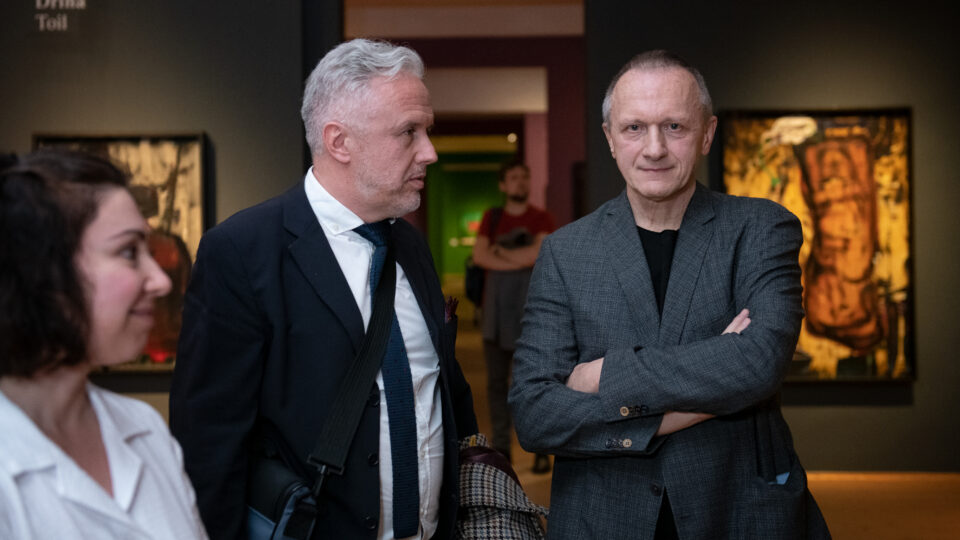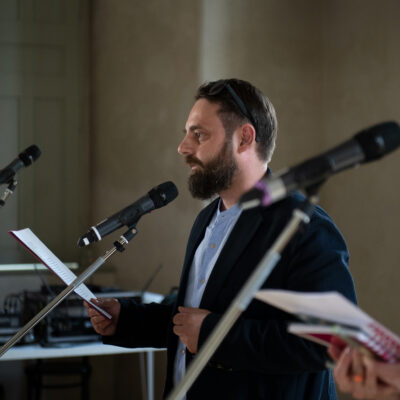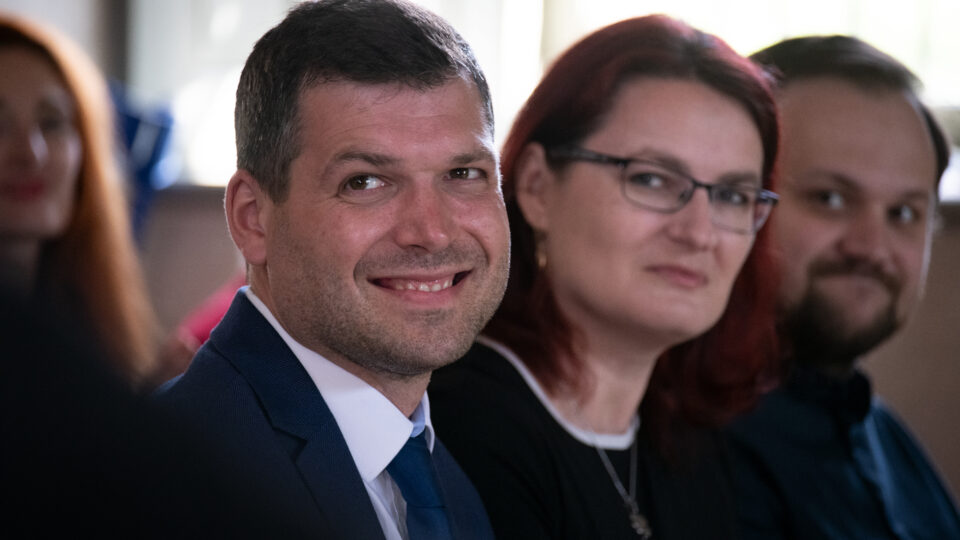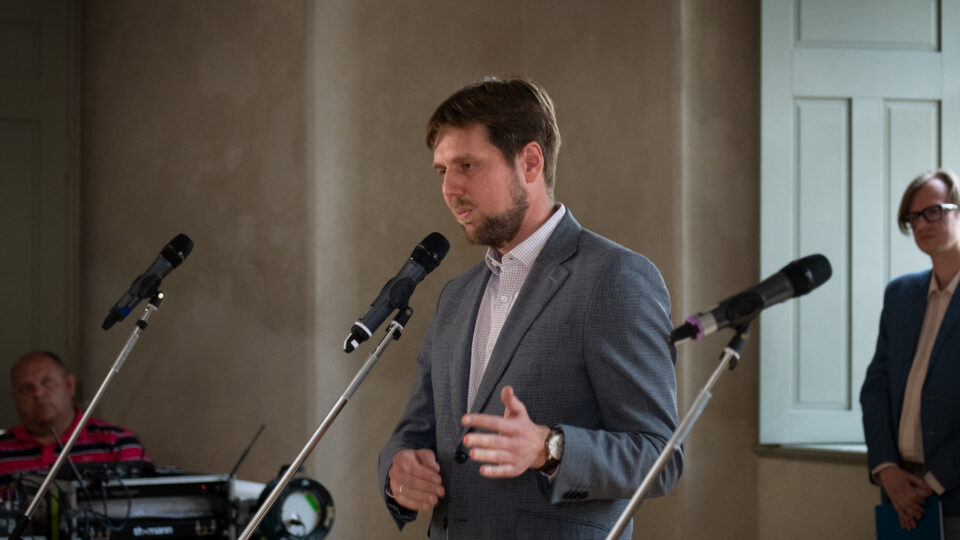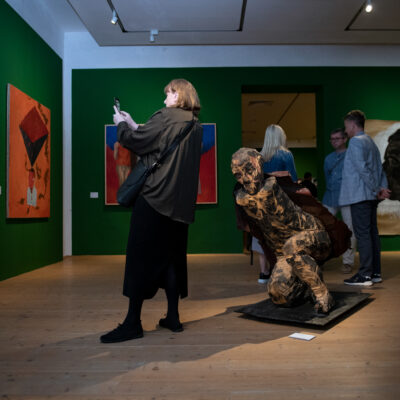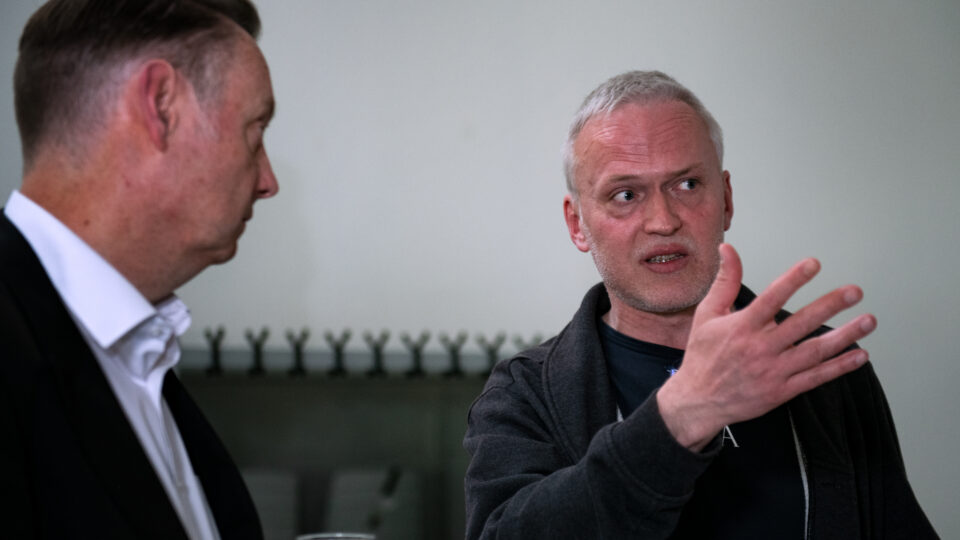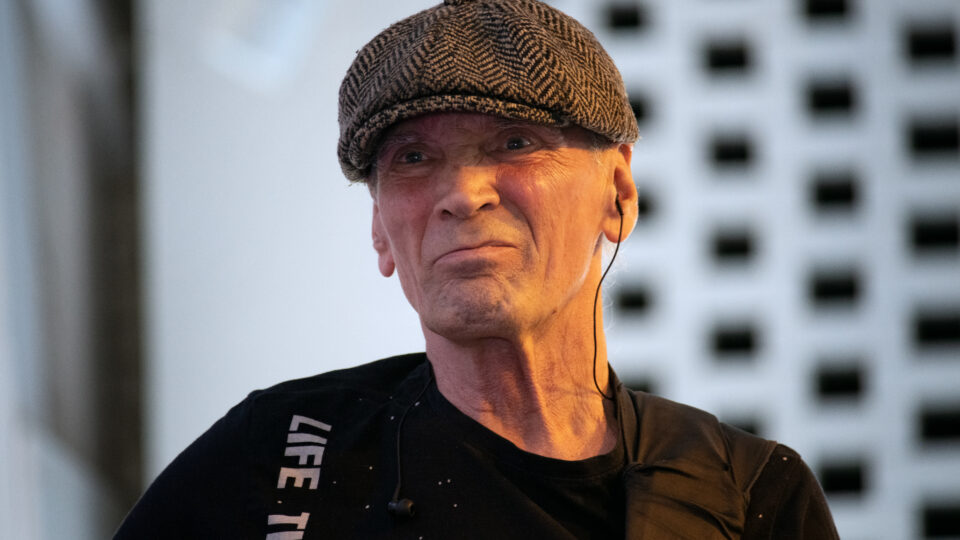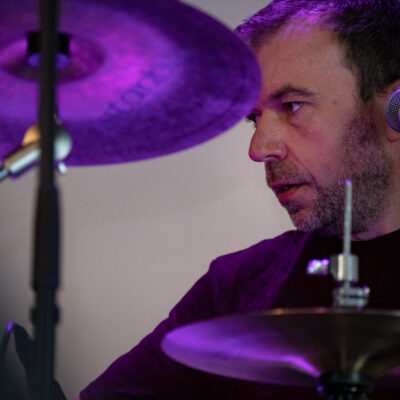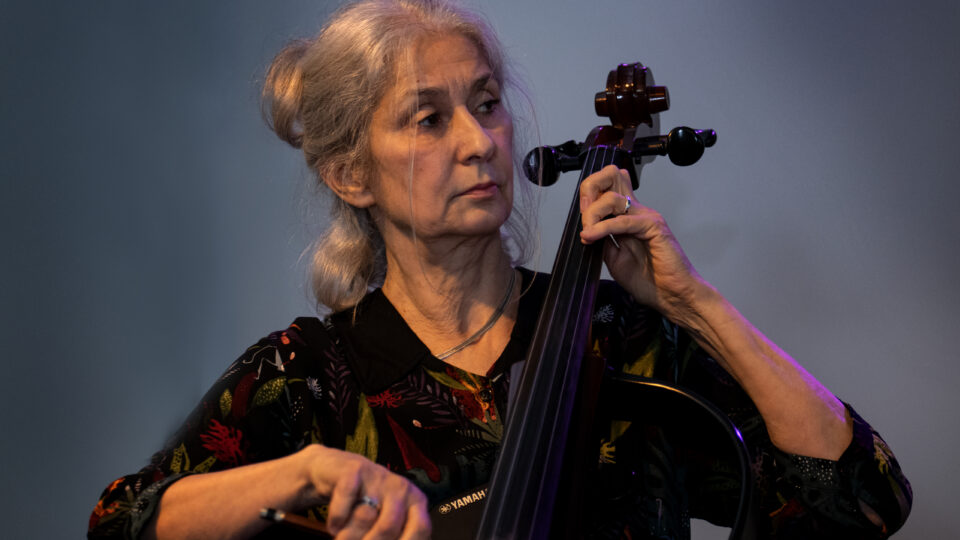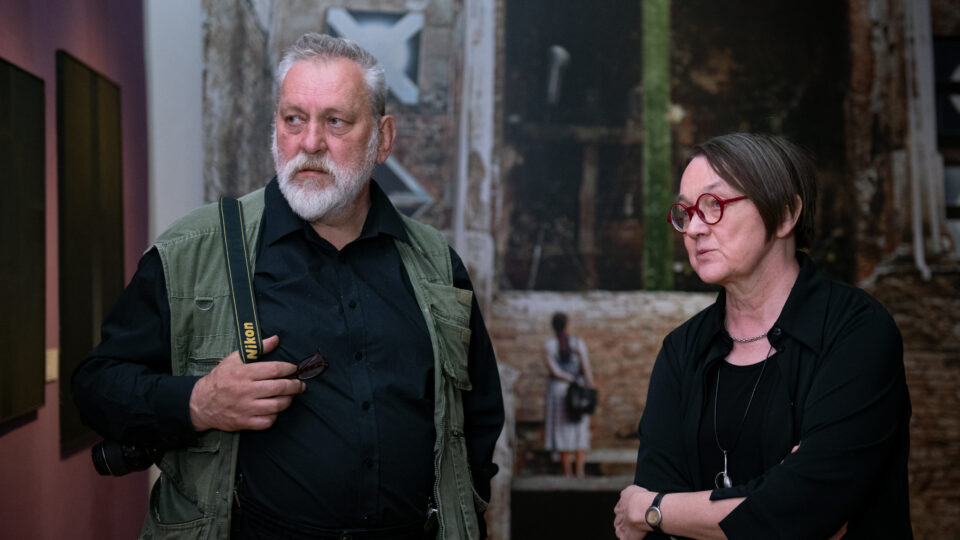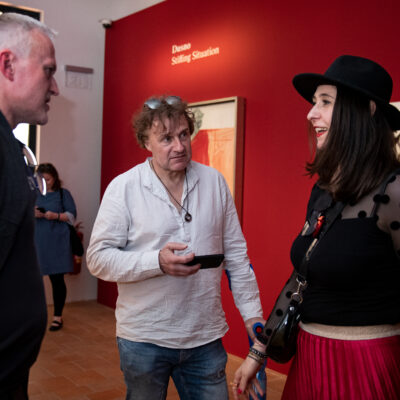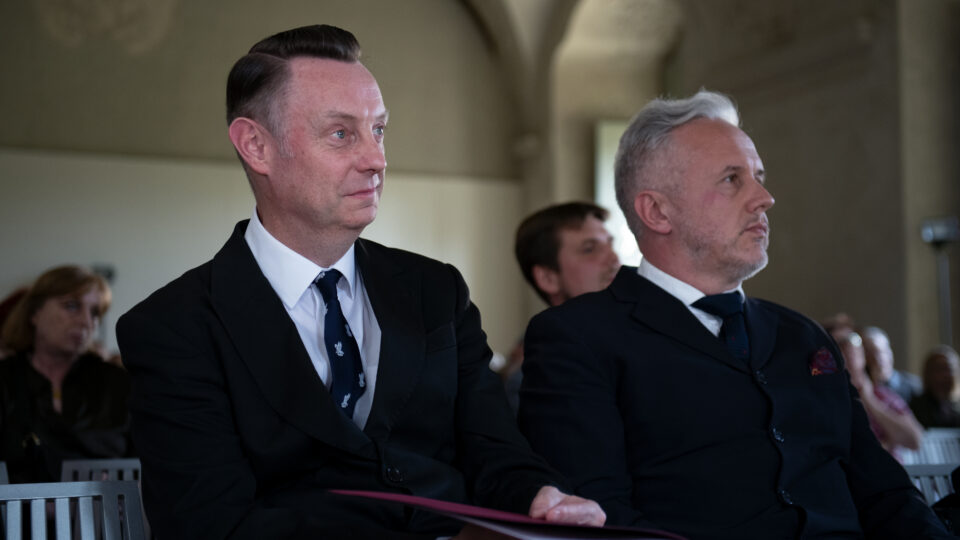The exhibition presents works by around sixty artists who, in protest against martial law, boycotted the cultural policies of the Communist functionaries of the Polish People’s Republic. It is held in collaboration with the Ujazdowski Castle Centre for Contemporary Art in Warsaw, the Adam Mickiewicz Institute in Warsaw and the Polish Institute in Prague.
The situation on the Polish cultural scene in the 1980s was unique. Most of the country’s leading artists identified with the social awakening that accompanied the struggle for freedom associated with the mass strikes of August 1980 and the founding of the nationwide independent trade union Solidarity. Concessions on the regime’s part enabled increased civil liberties and a reduction in state censorship. The proclamation of martial law by the Polish Communists under dramatic circumstances on 13th December 1981 marked a sudden end to this period, known as The Carnival of Solidarity. Despite the fact that this day ushered in a time of mass repression, the Communist regime failed to stifle the spirit of freedom, which thus laid the foundations for Poland’s change of regime in 1989.
After the events of December 1981, many artists showed their solidarity with the suffering society by refusing to cooperate with official state structures and boycotting the Communist authorities’ cultural policies. For artists, it was important to find unofficial ways to publicly share their art. One of the first and highly original ways of doing so were the so-called ‘suitcase exhibitions’ for which artists created small paintings or smaller versions of their larger works that could then be carried in suitcases from one person’s home to another for art exhibitions that the ever-present censorship couldn’t touch.
The independent art movement soon found a venue for public exhibitions in the Catholic Church, which was an important social force during this time and opened itself up to artists who were boycotting the Communist regime. As a result, countless works of art, literature and music were made away from the prying eyes of censorship. Such works were created by artists who demonstrated their independence with an awareness that only independent culture can express the basic human experience that is the yearning for freedom.
The exhibition at the Gallery of the Central Bohemian Region is a fresh staging of the project that was first presented in 2022 at the Ujazdowski Castle Centre for Contemporary Art in Warsaw. It is divided into seven thematic sections, whose titles are inspired by the names of important independent exhibitions from the 1980s or by important works of art made during
this period (Stifling Situation; Orange Alternative; TheSuitcase Exhibition; The Cenacle; Toil; Floral Cross; Against Evil, Against Violence; The Sign of the Cross; Prison Painting; Mad Dog on a Green Background). Uncensored not only takes a comprehensive look at visual art made during this period of Communist oppression, but also includes period photographs, posters and documentation of anti-regime happenings, suitcase exhibitions in their original form, independent theatre and much more. The exhibited works not only reflect the state of the individual and society during this time of repression, but also show important events such as the murder of the priest and ‘chaplain of Solidarity’ Jerzy Popiełuszko and peaceful protests involving the laying of floral crosses in public, during one of which three people were shot and killed.
Exhibition curator: Tadeusz Boruta
Curator for GASK: Richard Drury

